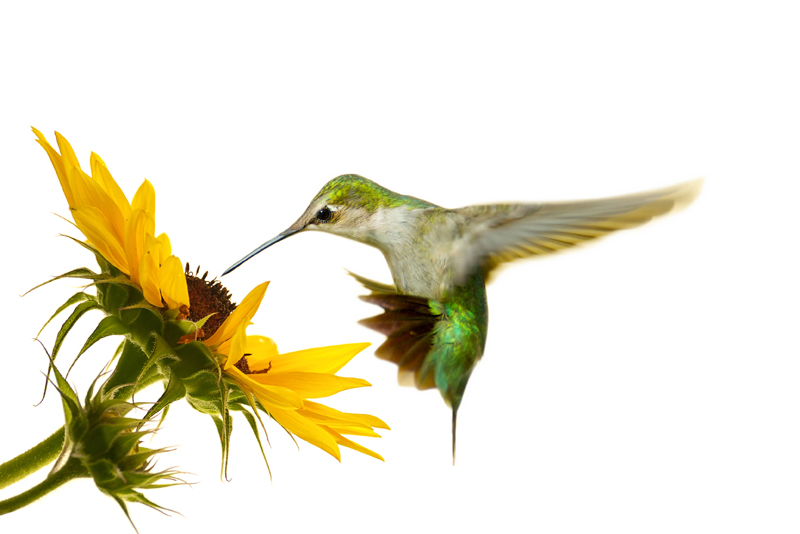Sewing Eco-Friendly

It is possible to sew greener or earth first with organic and sustainably produced threads and fabrics. Although the word organic has a legal definition when applied to food, agriculture and farming methods – even though standards can vary worldwide, the word sustainably does not. Generally, sustainably produced threads and fabrics are made mindful of and practical for our planet in a way that avoids the depletion of natural resources, maintains a balance of healthy diversity, and allows for a continuation of productivity for future generations.
Low impact dyes (require less water in rinsing, less dye runs off), and nontoxic finishing methods (improve appearance like softness, luster, soil resistance), ethical and fair labor practices, thoughtful packaging with a nod to recycling, certified organic or renewable fibers are all ways that impact sustainability in the sewing arena.
Large-scale commercially grown species of cotton are among those pesticide-intensive agricultural crops. Synthetic fabrics like polyester, acrylic, nylon, acetate, or spandex, are usually petroleum based and petroleum is of course a non-renewable resource.
Consider choosing eco-friendly fabrics made from sustainably grown fibers of organic cotton or flax (grown without insecticides, herbicides (weed killers) or synthetic fertilizers (inorganic compounds like phosphates), or highly renewable bamboo, hemp, or wild silk (the silk worms continue to live and breed and are not killed during production). Lyocell – brand name Tencel, is a fabric made from vegetable matter or wood pulp from sustainably managed tree farms then manufactured in a process without harmful chemicals that recycles waste products of production. Soy based textiles can be another choice as the fibers are spun from leftovers from soy food products.
Whether called earth-friendly, eco-friendly, green, organic or sustainable, fabric certified organic, identified as reclaimed, recycled, or a combination to use in the sewing arts can be found from manufacturers large and small, specialty fabric sellers, green retailers online and traditional brick-and-mortar stores. If fabric and textiles are produced by socially or environmentally sensitive manufacturers, trying for a lessor carbon footprint, fair trade and ethical labor considerations, it can be presumed that the result of their human endeavors is to provide the best of all possible worlds for all involved and the environment in at least a practical attempt to promote sustainable products in the marketplace.
Like the 17th century French philosopher René Descartes who proclaimed, "I think therefore I am" sewers may assert "I sew (with sustainability in mind), therefore I am!"
Sew happy, sew inspired.
Low impact dyes (require less water in rinsing, less dye runs off), and nontoxic finishing methods (improve appearance like softness, luster, soil resistance), ethical and fair labor practices, thoughtful packaging with a nod to recycling, certified organic or renewable fibers are all ways that impact sustainability in the sewing arena.
Large-scale commercially grown species of cotton are among those pesticide-intensive agricultural crops. Synthetic fabrics like polyester, acrylic, nylon, acetate, or spandex, are usually petroleum based and petroleum is of course a non-renewable resource.
Consider choosing eco-friendly fabrics made from sustainably grown fibers of organic cotton or flax (grown without insecticides, herbicides (weed killers) or synthetic fertilizers (inorganic compounds like phosphates), or highly renewable bamboo, hemp, or wild silk (the silk worms continue to live and breed and are not killed during production). Lyocell – brand name Tencel, is a fabric made from vegetable matter or wood pulp from sustainably managed tree farms then manufactured in a process without harmful chemicals that recycles waste products of production. Soy based textiles can be another choice as the fibers are spun from leftovers from soy food products.
Whether called earth-friendly, eco-friendly, green, organic or sustainable, fabric certified organic, identified as reclaimed, recycled, or a combination to use in the sewing arts can be found from manufacturers large and small, specialty fabric sellers, green retailers online and traditional brick-and-mortar stores. If fabric and textiles are produced by socially or environmentally sensitive manufacturers, trying for a lessor carbon footprint, fair trade and ethical labor considerations, it can be presumed that the result of their human endeavors is to provide the best of all possible worlds for all involved and the environment in at least a practical attempt to promote sustainable products in the marketplace.
Like the 17th century French philosopher René Descartes who proclaimed, "I think therefore I am" sewers may assert "I sew (with sustainability in mind), therefore I am!"
Sew happy, sew inspired.

Related Articles
Editor's Picks Articles
Top Ten Articles
Previous Features
Site Map
Content copyright © 2023 by Cheryl Ellex. All rights reserved.
This content was written by Cheryl Ellex. If you wish to use this content in any manner, you need written permission. Contact Cheryl Ellex for details.







